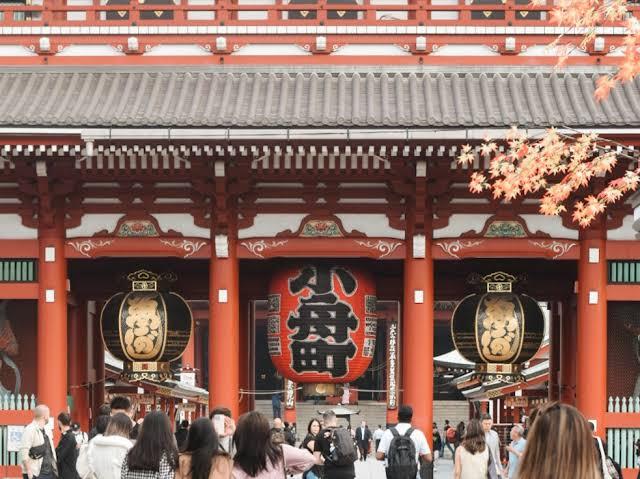Japan government has set up a city called the city of Kisarazu as the hometown or Nigerians willing to live and work in the country. According to the government, this is part of its strategic efforts to deepen cultural diplomacy, promote economic growth and enhance workforce productivity.
This was disclosed in a statement today by the Director of Information at the State House, Abiodun Oladunjoye. The statement indicated that the Japanese government will create a special visa category for talented young Nigerians who want to move to the city.
Artisans and other blue-collar workers will also benefit from the special dispensation visa to work in Japan. The government named Nagai Sanjo and Imabari cities for individuals seeking employment opportunities in the country.
The statement also revealed that the arrangement is expected to strengthen exchanges with the four African countries. This will be achieved by officially connecting municipalities with existing relations with those nations.
Following this, Nigeria’s Charge d’Affaires, Florence Adeseke, and the Mayor of Kisarazu received the certificate from the Japanese government. The four cities are said to foster a foundation for two-way exchanges and manpower development. This is to foster and add value to the economic growth of Japan, Nigeria, and the other three African nations.
Kisarazu served as the official host town for the Nigerian contingent during the 2020 Tokyo Olympics. The team reportedly held their pre-Games training and acclimatisation in the city before moving to the Olympic Village.
$5.5 billion worth of investment allocated to Africa to aid sustainable growth.
In a move for sustainable growth and women’s empowerment, Japan has announced $5.5 billion investment in Africa. Japanese Prime Minister Shigeru Ishiba delivered his opening address at TICAD 9.
He emphasised the importance of mutual understanding, local solutions, and collaborative efforts for Africa’s development. The Prime Minister outlined Japan’s focus on private sector-led sustainable growth, youth and women empowerment, and regional integration.
He also indicated the challenges of Japan’s ageing population but emphasised that locally rooted solutions are essential for Africa’s development.









